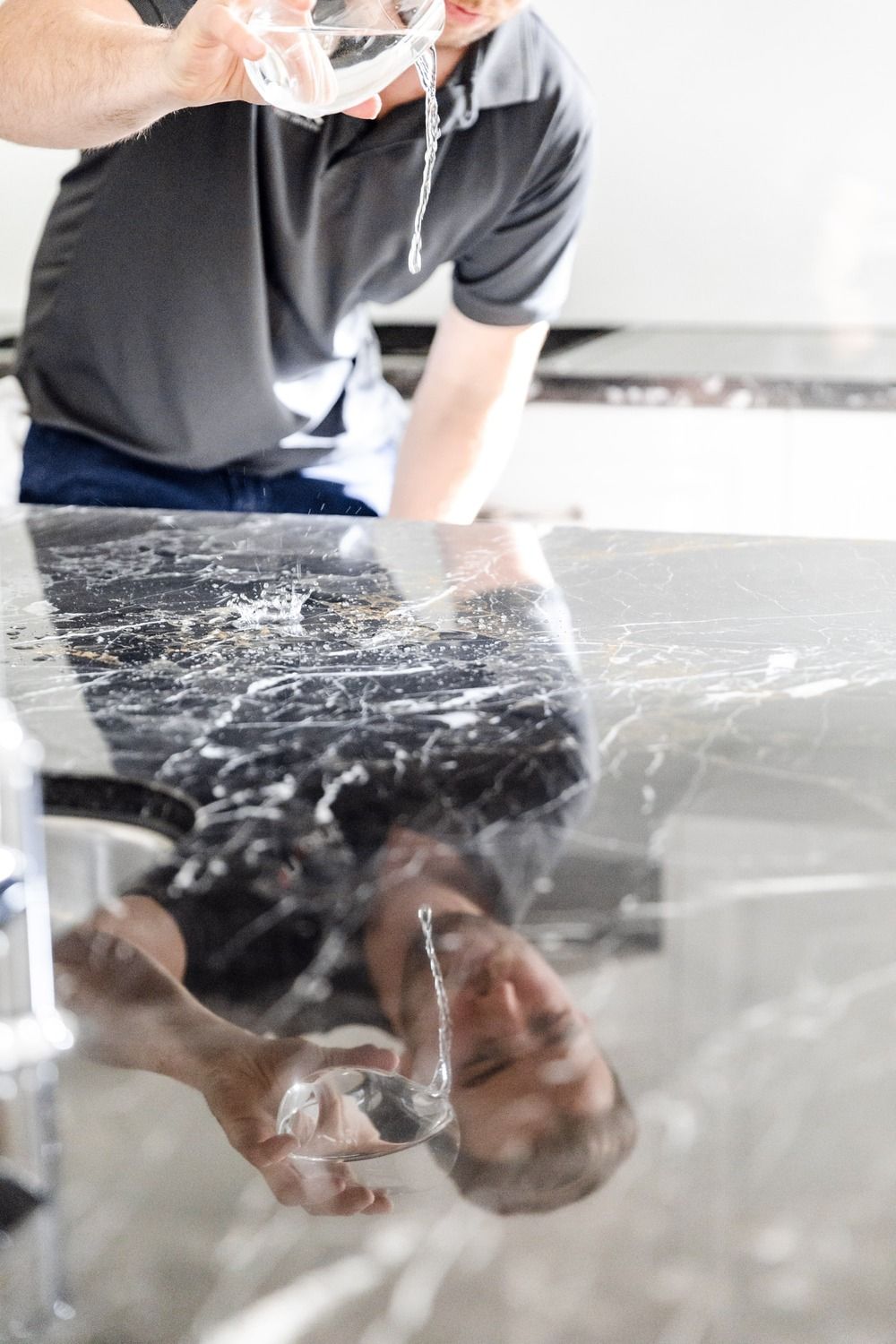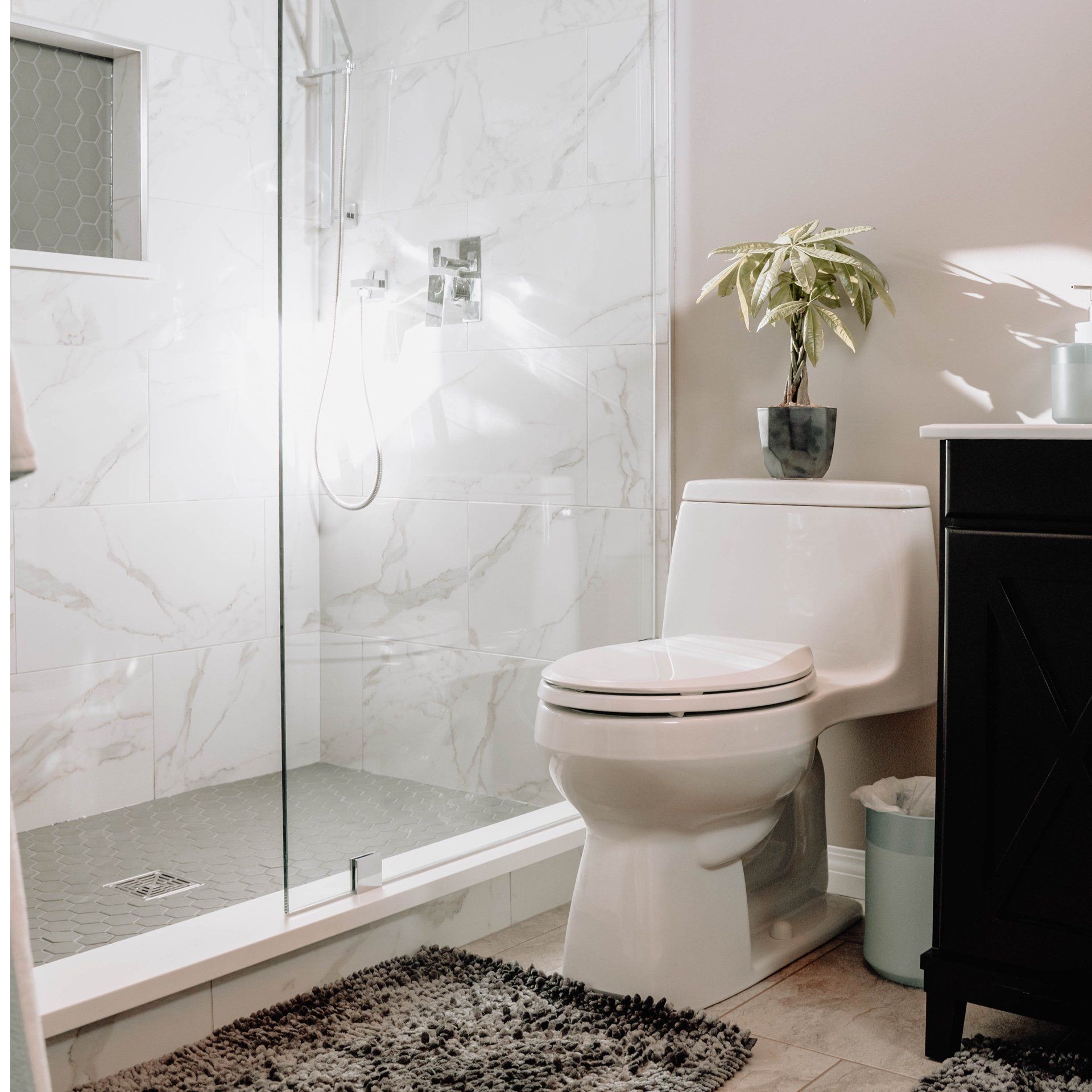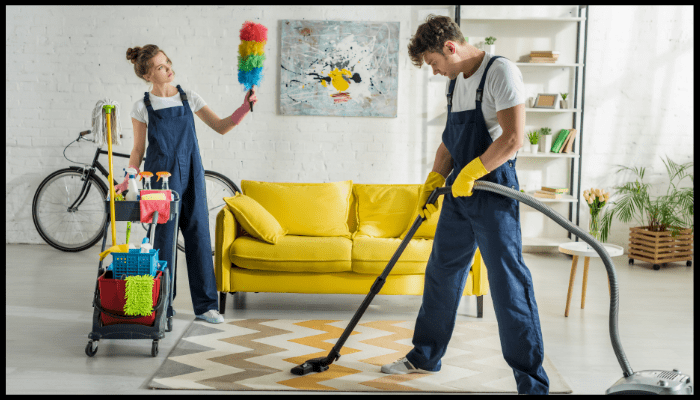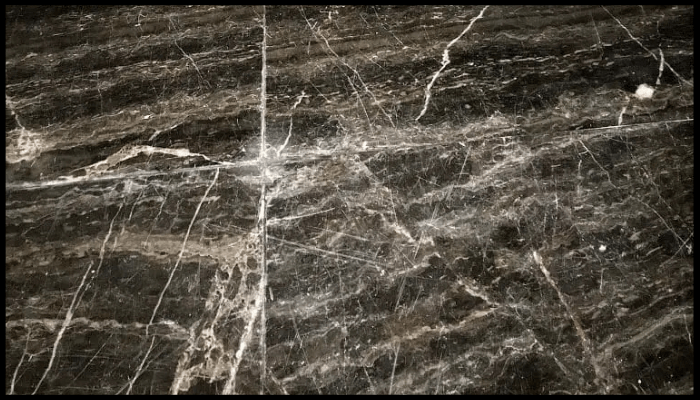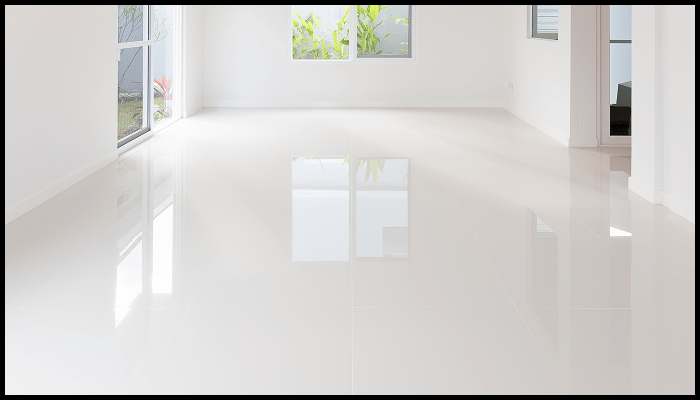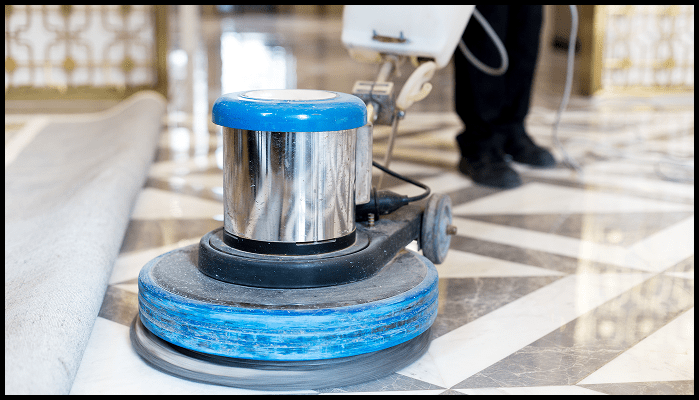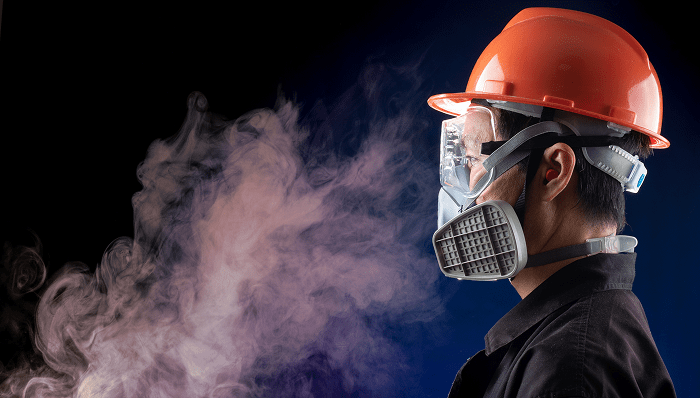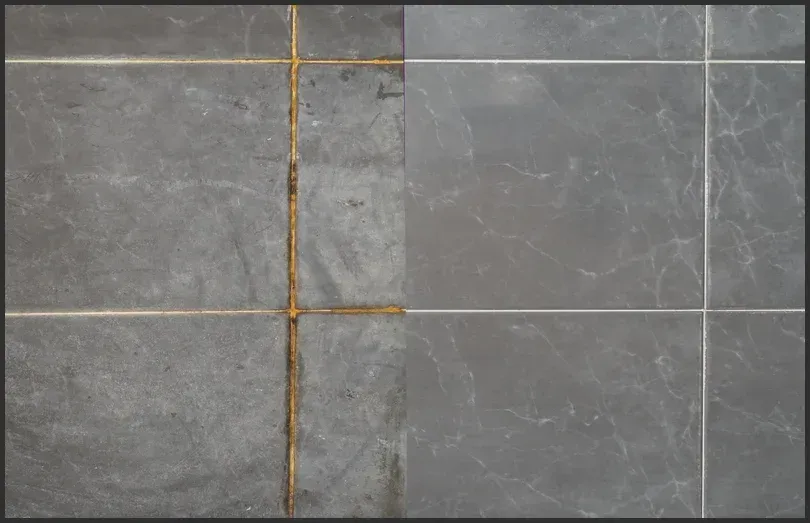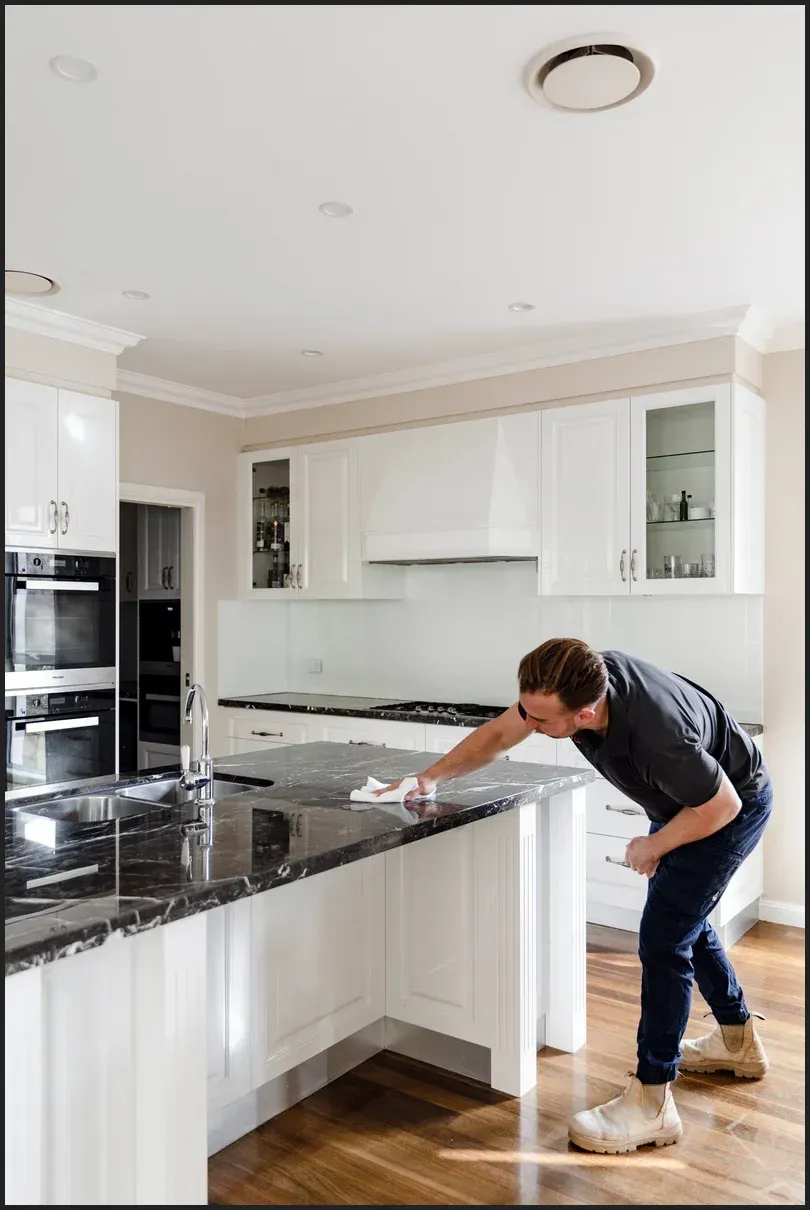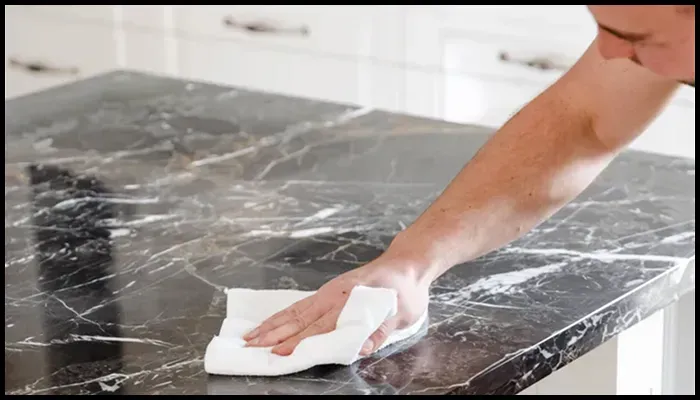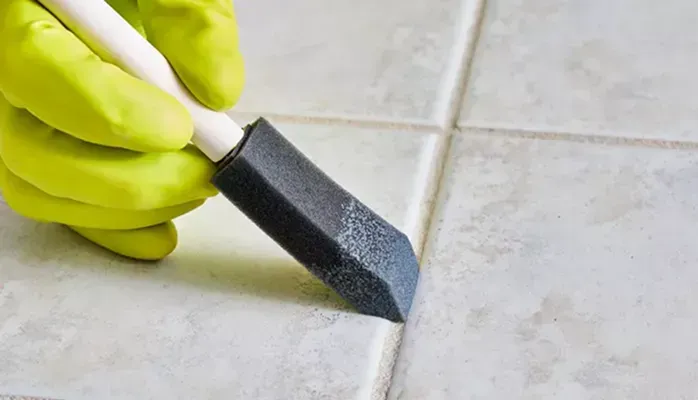Engineered Stone Ban in Australia
The End of Engineered Stone in Australia: Why Natural Stone Is the Safer,
Smarter Choice
Table of Contents:
- Understanding What Is Engineered Stone
- Health Risks Associated with Engineered Stone
- Australia’s Response: The Engineered Stone Complete Ban
- Natural Stone: A Safer, Smarter Alternative Products
- Benefits of Natural Stone Benchtops
- Considerations When Choosing Natural Stone
- The Role of On Point Property Services
- Final Thoughts
- Frequently Asked Questions
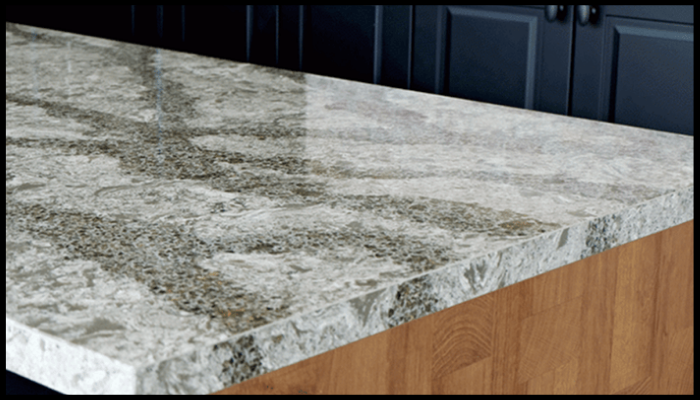
In recent years, the Australian countertop and surface materials markets, as well as the construction and remodelling markets, have undergone a significant change.
The
engineered stone ban announcement
at the national level has spurred increased interest in natural stone goods, and builders and homeowners are reconsidering their decisions.
To plan wisely regarding health, safety, and the environment, one must know the distinction between natural stone and engineered stone.
Understanding What Is Engineered Stone
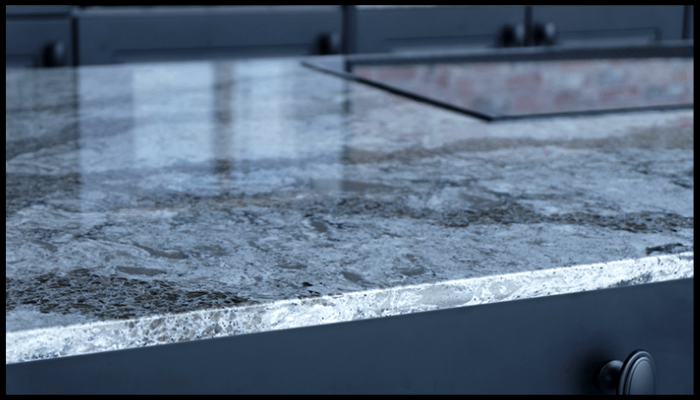
Traditional engineered stone is a synthetic product that is produced by combining crushed natural minerals such as quartz with resins as well as pigments. The mixture is then pressed at high pressure and temperature to form even, flat slabs.
The resulting product is dense and consistent, and that is why engineered stone is widely used in countertops, since it appears the same and comes in many different styles and colours.
Health Risks Associated with Engineered Stone
Even though it is a very popular choice, engineered stone still carries considerable health hazards. The making and handling of these items exude fine silica dust, which has
health effects of respirable crystalline silica that pose serious risks to workers and homeowners alike.
Breathing in this dust can give rise to serious illnesses, including lung cancer, silicosis, and kidney disease.
Stone workers who cut, grind, or polish engineered stone are particularly vulnerable, especially when they do so without the kind of protective equipment that's meant to keep these workers safe.
Australia’s Response: The Engineered Stone Complete Ban
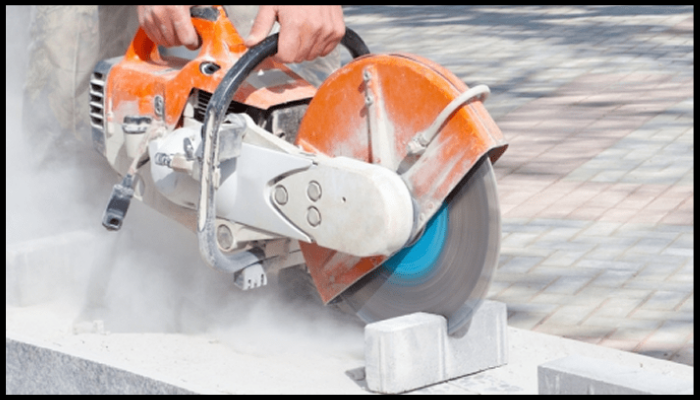
The significant risk to public health associated with exposure to silica dust has prompted the Australian government, in consultation with ministers from the Workplace Relations portfolio and
Safe Work Australia silica dust guidelines, to impose a nationwide ban on all engineered stone products.
This decision was based on strong evidence of the link between the many cases of silicosis and other serious health problems and silica dust exposure.
The Decision Regulation Impact Statement (DRIS) made clear that much stronger regulation was needed to safeguard not just the health of workers but also the wider public from these health risks.
Natural Stone: A Safer, Smarter Alternative Products
Many homeowners and builders now favor natural materials like granite, marble, and limestone. They are the prime selection over engineered stone choices.
Natural stone comes completely from nature, because it's made of all raw materials and contains no added resins or chemicals.
Consequently, the health risks linked with silica dust exposure are much lower. Natural stone boasts its own unique and stunning patterns and textures, derived from its natural state, making it much more visually appealing to many.
Benefits of Natural Stone Benchtops
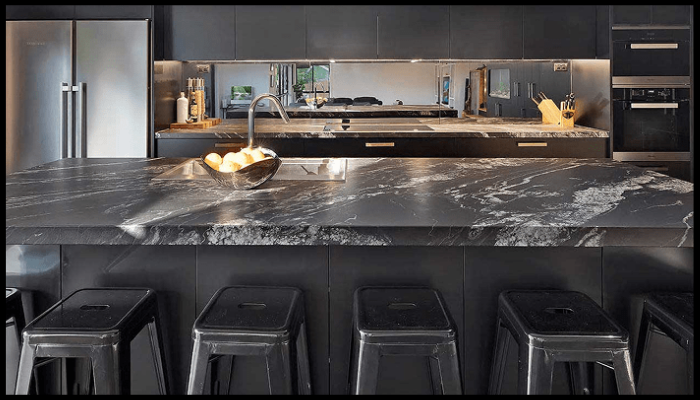
- Strength and Durability: Natural materials like
marble benchtops offer unmatched strength, durability, and beauty, making it an extremely appropriate option for areas that are regularly trafficked by a large number of people on a daily basis.
- Heat Resistance: Natural stone has the unique property of withstanding high temperatures, making it a very good option for use in kitchen settings.
- Aesthetic Beauty: Every single natural stone slab has unique vein patterns and a wide range of colours of its own, all of which combine to add a rich sense of personality and character to the overall space of a room.
- Eco-Friendly: Since it is obtained from natural sources, it greatly helps in reducing the adverse impacts on the environment in comparison to synthetic composite materials, which are often more toxic and less eco-friendly.
Considerations When Choosing Natural Stone
Although natural stone provides numerous advantages, one must think about things like porosity and regular upkeep. Some types of stones might need stone sealing services to prevent staining and preserve their natural look. Avoid household products that damage stone and follow our best practice tips for cleaning. That said, natural stone can last in this condition for at least 50 years with the right care.
The Role of On Point Property Services

On Point Property Services specialises in caring for and maintaining natural stone benchtops and surfaces. Our amazing team of
stone restoration specialists
is committed to making sure that your stone installations look fabulous and remain safe for a long time.
We keep up with the latest safety regulations across Australian states and best practices to ensure that our services meet current standards.
Final Thoughts
Shifting from the use of engineered stone to natural stone materials is a huge move in Australia within the building industry, which focuses on prioritising health and safety for its end users.
When homeowners opt for natural stone materials, you can now feel free to enjoy safe, long-lasting surfaces with professional support available. For professional guidance and service relevant to natural stone, you can be confident and head over to "On Point Property Services" for high-quality and reassurance.
Our team is available for emergency services to tackle urgent issues and minimise the damage that you might have. Just hit us a call via this number:
0430 771 959
Frequently Asked Questions
Why was engineered stone banned in Australia?
The ban was put in place because of concerns over health and safety. Especially the connection between engineered stone and health issues such as silicosis and lung damage triggered by breathing in fine silica dust.
Is natural stone completely safe?
Even though natural stone has a smaller amount of crystalline silica, it’s still important to manage and take care of it carefully to minimise any health hazards.
What are some alternative materials to engineered stone?
Other sustainable alternatives are natural stone, solid surface materials, stainless steel benchtops, and porcelain slabs. They all offer different advantages when it comes to safety and appearance.
How does natural stone compare in cost to engineered stone?
Natural stone may cost more upfront because of its one-of-a-kind qualities and where it comes from, but its long-lasting nature makes it a perfect choice that often saves your money over time.
Can existing engineered stone benchtops remain in homes?
Yes, the existing installations are allowed, but any removal or minor modifications need to be done with caution and proper protective equipment to prevent breathing in the silica dust.
What steps should I take if I have engineered stone in my home?
You can consult with specialists such as "On Point Property Services" to evaluate the condition and decide on the safest plan of action, particularly if you are thinking about making any changes or doing a remodel for your new home, or upgrading your workplace safety.
